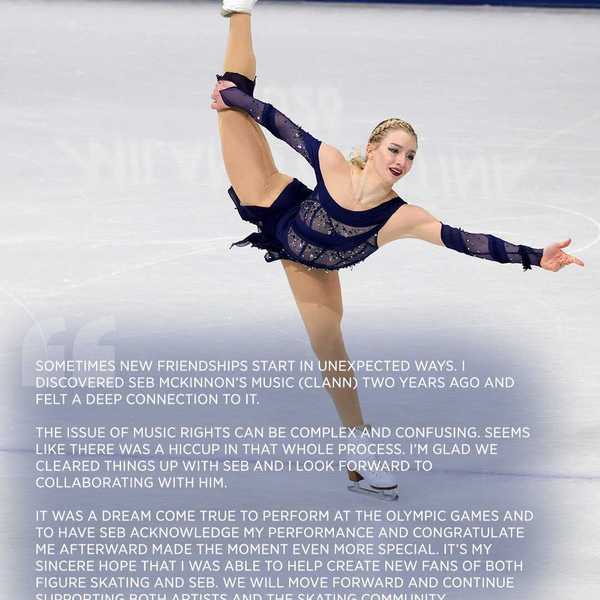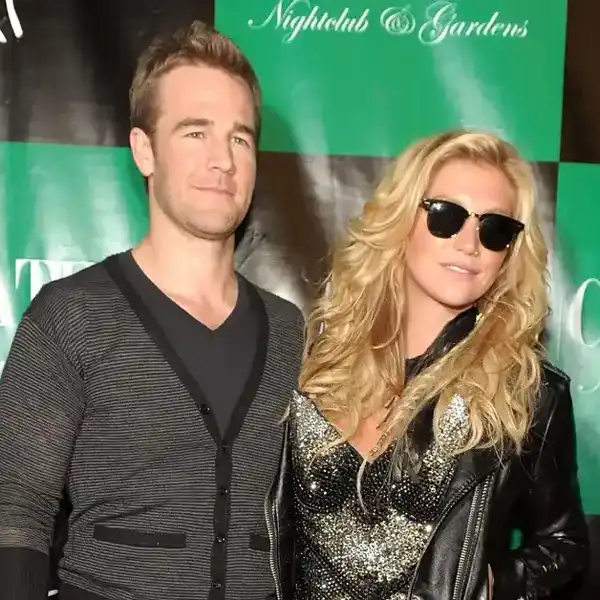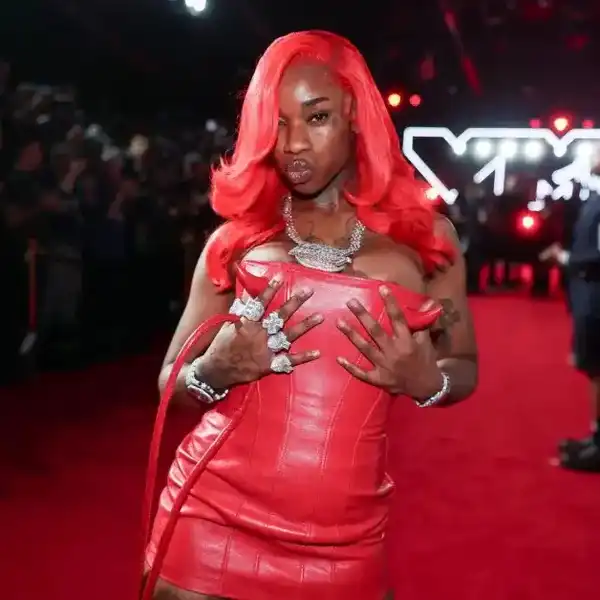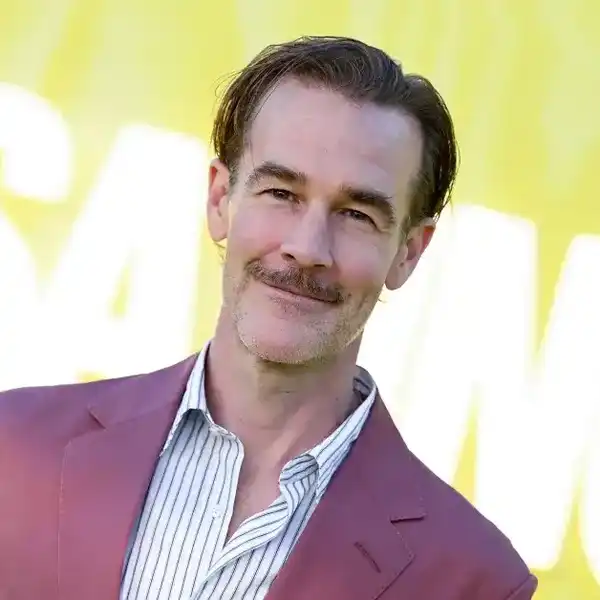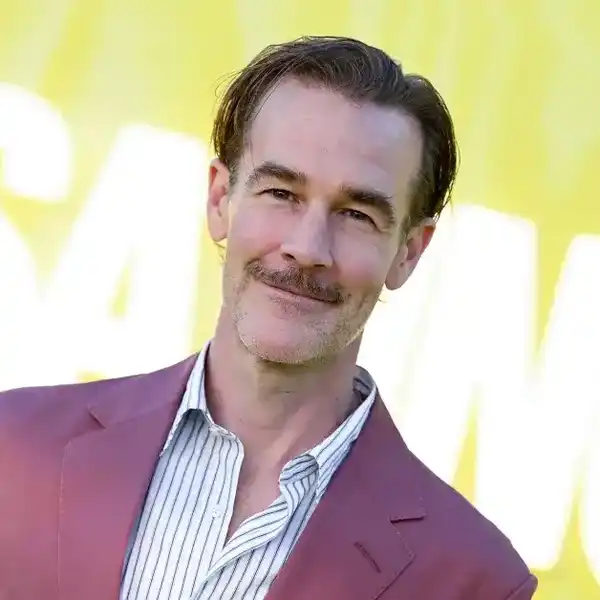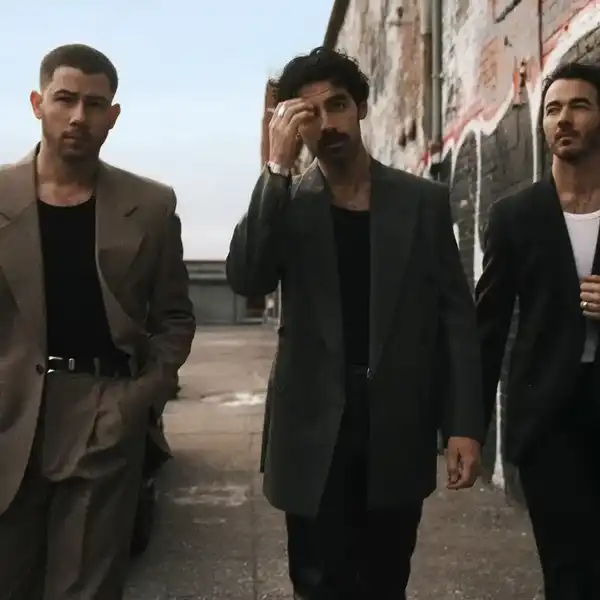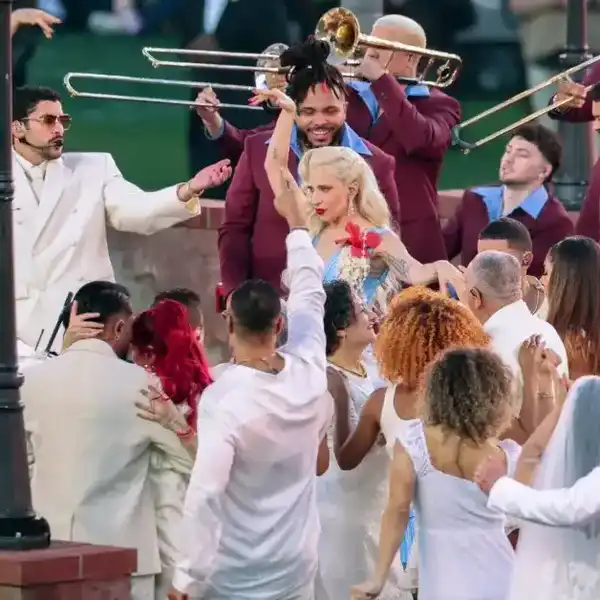I Can See Canada From The Rainbow Bridge
I left behind the music director seat with Janis Joplin in late 1968, served ten months in a military uniform, then hitchhiked the interstates and backroads of New York state in the dead of fall, endured uncertainty, and eventually found refuge in Canada.

By Bill King
“And it's one, two, three, what are we fighting for?
Don't ask me; I don't give a damn, Next stop - never Vietnam!”
As a prelude to celebrating our soon to be significant number “50,” that being our arrival in Canada late 1969, I thought as a preamble to embracing the holidays, I’d take a swipe at addressing an adventurous and, at the time, stressful chapter in our lives.
I left behind the music director seat with Janis Joplin in late 1968, served ten months in a military uniform, then hitchhiked the interstates and backroads of New York state in the dead of fall, endured uncertainty, and eventually found refuge in Canada.
Only months earlier, I met a woman who would change my life and start that journey with me, and who continues to inspire and make each sunrise cause for celebration.
With headlines now screaming back at immigrants, I’m reminded we are all much the same.
Kristine and I arrived with $85 between us, plenty to fear, very young, and from families with no advantage and zero political connections. Both of us began working odd jobs in our mid-teens. How we got here and why we chose Canada is a story whose time has come to document. I’m not the nostalgic type - mostly fixated on the day ahead - but as snow gathers outside my office window, I feel the urge to go deep inside.
This is part 1 of our story!
As we cruised the streets of Memphis leading to a final run through with the band at Soulsville, USA, Janis Joplin’s image stared back at us from the passing storefronts. This cut deep with the woman who was now exploring the roots of American rhythm & blues with the newly formed Kozmic Blues Band. Joplin didn’t hesitate to apologize to herself at nearly every traffic stop along the route.
Stax records boss Jimmy Stewart held an after party in his ranch style home. The table was set for conversation and drinks. Janis held court around a table of Memphis finest musicians. Steve Cropper lauded her for giving her all in the face of open hostility, as Joplin was still feeling the heat for top billing at the annual Stax Yuletide celebration of stars (1968). It was manager Albert Grossman who insisted Janis’s face and name be more prevalent than Isaac Hayes, Booker T & the MGs, Rufus and Carla Thomas, Donald “Duck” Dunn, and other luminaries who shared the same bill.
The folks around the table understood and embraced her. This was one confident organization with miles of hit records at the epicentre of American music. It was the citizens of the Memphis black community she needed to address, but there was no way for her to reach out and amend the slight. Throughout the night it’s said Joplin drank heavily of Southern Comfort, her signature drink–until she drunkenly crushed each spent cigarette into the newly laid carpet in Stewart’s mansion, and was told to leave by Stewart’s wife, Evelyn.
This would be the last occasion I’d see Janis until a year and a half passed.
I found myself at a crossroads. The war in Vietnam was at full roar. The stricken bodies of servicemen kept arriving in my southern Indiana home town on an almost daily basis. President Richard Nixon fueled resentment with every threat and poke at war resisters. Everything about this man’s administration smelled of corruption. There was a culture war going on and the nation was divided between hard hats and long hairs; working-class civilians, utopian dreamers, and anti-war protesters.
I tried to justify my feelings about war. I knew the moment would one day arrive when as conflicted as I was about killing another, I would have to decide to either chance going to prison or serve in the military and pray orders for Vietnam bypass me. Those last days with Janis hastened my decision.
I grew up in an evangelical setting. We were free of drugs and alcohol with little contact with the outside world other than the kids from the neighbourhood. No hanging out at public swimming pools, no school dances, prom nights, or nights away from home. Christian teaching insisted we live modesty and exhibit humility at every turn. We were all academics with a passion for sports. Church wrote our schedule.
Janis scared me. I saw the sickness in her face after she shot up heroin with guitarists Sam Andrews and Mike Bloomfield in Memphis. Both Bloomfield and Janis staggered back to their upstairs rooms at the Lorraine Motel long after midnight. The past few years traveling coast to coast, I’d navigated past street people consumed with heavy narcotics and stayed far away. This was too close to home. In fact, I’m certain I was looking for an excuse to resolve my seemingly impossible circumstances and Janis’s antics allowed me an exit strategy.
Three years had passed in which I’d had the occasional conversation with mom, but never dad. Pops was dealing with his own World War 11 demons and didn’t need me around to ignite his temper.
The Memphis gig with Janis was over. A return flight to San Francisco was booked, but at the last moment I decided to detour and drop in on the family for Christmas. I was seriously close to my younger sister Karen and understood she needed to see her big brother. Karen was my joy, that loving spirit who could initiate compromise and bring levity to an otherwise tense atmosphere.
I dialled home and informed mom I was visiting over Christmas and earned one of her warm greetings, “but, what are you going to do about the draft?” I told her I would decide once I thought it over.
It was an awkward reception at Staniford Field; Louisville’s then airport, built by the Army Corps of Engineers in 1941. Sealed mostly in unbroken silence, the drive home was a sober affair. There were few questions about Memphis and relatively little interest in Joplin.
Once I settled in for the evening, the draft issue moved to the foreground. I explained I was debating entering the military but needed a night to think it over.
Eight a.m. the following morning, mom shouts up the stairs and summons me to meet in the living room. I dress, shuffle down the pine-walled staircase and am immediately greeted by a man in a dark grey suit balancing a stack of papers in his hands. “Son, this is so and so from the FBI,” says pops. “We’ve been talking about your situation, and he says he can assure us if you go with him now and stand before a county commissioner, he can get all charges dropped and you, into the army." My first thought? "Holy shit. Did I hear right? What the hell is going down? Did I just get turned in? It’s fucking Christmas, people!"
Pops goes into this story about the FBI guy being the same one who located his stolen Ford in 1949, retrieving, then bringing it back with a few bullet holes sprinkled back and front. I’m thinking, how does one inhale and take a deep breath and not pass out from this weird intervention?
The folks abandon the living room and leave me and the FBI to sort things out. Then the guy opens a thick dossier and begins. “You know you’re in big trouble and I can resolve this for you. We’ve been following you for two years across the states and I know you’re a good kid. No trouble here. In fact, we could have seized you sooner but the places you went to were hot spots. New York City, L.A., San Francisco. Most enjoyable. Hey, what the hell was this crap about Seattle.?” I thought for a moment and remembered this guy named "Scooby" who got me gigs with Chuck Berry and drummer Roy Burns at the musician’s union in L.A..
“Scooby” got visitors all of the time. I’d drop in now and then and he’d throw me work. I was still serving a six-month grace period until I could fully join. “Scooby” hand signals and shoos me away from an open door leading to his office where the FBI were camped out. The G men flashed photos of suspected draft evaders as if they were playing cards from a freak deck and I’m on the face of one. "Scooby" excuses himself then pushes me down a hallway and asks me what he should say. I tell him to say I was living on a commune in Seattle. I’d moved there months back.
The FBI guy shows a photo of me taken from some surveillance post along the way. He then says he’d spoken with higher-ups at Capitol Records in Hollywood and insisted they get a message to Linda Ronstadt, meaning, if she were caught in my company, she could be arrested. Damn!
As we sat together, I began to see this guy as just a guy and not a bad one. He then opens the dossier and retrieves a stack of photos of me snapped while walking the streets in various locales across America; in crowds and just hanging out. There were also pages of accompanying notes. Then he pops the big question -- “Shall we leave and get this over?” I agree.
I’ve never shivered this much in my life. It was one of those ‘to the bone’ shivers that sent the body convulsing. A cold Indiana January is much like being dipped in the Ohio River and left stranded in wet clothing somewhere along the shoreline. The body shakes for days.
A half hour passes when I find myself standing in front of a county commissioner and Mr. FBI guy, my defence council. He recites the story of my dad’s stolen car, a bit of embellishment, then vouches for my character, and assures the judge I won’t run. The judge looks back at me and says, “We’ve had a few runners in here. Are you sure you’ve made up your mind?” As quick as I arrive, the case is settled and a date arranged for my pick-up and induction into the army – January 2, 1969. I’m to show at Ft. Knox, Kentucky and begin basic training.
I’m then assigned a session with a psychiatrist in Louisville. Just a formality and I'm stamped sane, then carted to a detention centre and told I’d be detained for two weeks and then transported to the base.
After clearing the front desk, I’m assigned a bunk and wall locker. My arrival draws a crowd. The scene was like something out of one of those “going straight” prison documentaries. I’m wearing the same stage clothes from Janis’s gig; brown velour pants, frilly white shirt, brown suede vest, and shoulder-length hair. A gang of certified young criminals inspect me as if I’m a choice meat sandwich. Then one speaks up, “You know I could seriously fuck you up.” I felt that. “What are you in for?”
I slip past the ringleader and ask to call home. I speak with pops and tell him the complicated situation I’m now in and ask him to make every effort to get me out of this place before war breaks out. Within an hour, dad’s back - a deal is struck, and I’m now in his custody.
Back home there was quiet, other than pops raging at protesters. “Commies, commies, commies; send them all to Vietnam”. Then I get a call from jazz educator Jamey Aebersold, saying “I need a pianist for New Year’s Eve. Up for it?” That was the best news I had heard since playing Memphis. Music was back in my life, and I’m $125 richer.
The morning of January 2, pops drives me to a waiting bus. I climb aboard and discover I’m the only person on it. The driver can’t quite grasp this picture. “You must be someone very important to get your own bus ride to Ft. Knox.” My mind drifts far from conversation. Lost in thought, I examine homes partially hidden by tall grass and witness twisted street signs blow by through a dirt-smudged window past bare-naked trees undressed by seasonal change. I envisioned what was waiting a couple hours down the road. No longer scared, no longer pursued, the slate clean and up ahead: the unknown. The final few miles seemed the longest; my heart consumed with a woman I’d met October 25, 1968.
The Chicago Loop was booked to play the Bridal Path in West Hampton, N.Y., a local watering hole. Like clockwork, we were late getting out of the city. It was that stopover for weed that slowed things. The drive, no more than seventy-five miles, seemed longer than usual in the back of a cramped, windowless van.
I was the last to exit the van. I had to start unloading the Hammond B-3. My bandmates were in “where’s the women?” mode. Once on stage, the music took shape. We had no set list, just a couple of Loop semi-hits and endless funky jams.
Out beyond the flickering lights I spot a beautiful woman sporting a broad smile, long silky blond hair, and sleek in frame, then I realize that big smile was directed at me. I did a few double-takes and once on intermission, invited myself to her table. That big smile was operating the stage lights and administering a heart-stopping strobe light in a side room - walls covered in Day-Glo paint. I would learn her name, Kristine Lynn Sandels, and, much like me, she didn’t consume alcohol. I order up a tall coke with two straws. This sounds like a staged malt-shop episode from the fifties, but honestly, it’s for real.
We talked between sets, laughed, and met up after the gig at a local diner. Kristine was surrounded by her girl friends, me, backed up with the band. We separated from the pack and moved over to a counter. It was then we decided to exchange numbers and arrange to meet again. That we did! Every Sunday Kristine would board the train from Long Island and meet me at our 88th Street flat, and we’d walk the streets of Greenwich Village or catch a double bill – Cool Hand Luke/Wait Until Dark.
Living in the city and having most gigs starting after 9 p.m. left me hours of free time and fed my appetite for foreign and domestic films – sometimes catching three a day before gigging. I instantly fell for Catherine Deneuve, Julie Christie, Lee Remick and Jane Fonda in Barbarella. With Kristine, I found a film-loving partner.
From then on, Kristine was always on my mind. I wondered how she would receive a long separation. She would handle my time with Janis with grace and tenderness, and now I’m about to morph into a skinhead soldier. Not a look I’d planned on.
Military police greeted me at the front gates of Ft. Knox then perused my documents before escorting me to orientation. Along the way, I was yelled at a few times, dressed down in my colourful clothing and excessive hair length, yet, I never felt physically threatened, unlike the holding centre.
I was given a physical, which included a heart exam. It was then I was cautioned that I was packing a bundle block near the heart, a blocked main artery, inherited from mom’s side of the family. I was cautioned and told that by my fifties, I’d likely face open heart surgery. At first, I thought it was the army fucking with me, then I paid close attention and decide to forever monitor my lifestyle and include high performance sports, exercise, a sound diet, and avoid falling prey to addiction of any sort. The warning never left my mind!
At age 59 his words rang true and I faced heart complications and was prepared both physically and mentally. Thankfully, modern technology allowed me to forgo open heart surgery.
The following morning I’m peppered with insults, compliments of a moronic corporal who’d spent his career harassing recruits and assumed the only roll he was prepared for – asshole! I was informed a plan had been hatched to drag me to the post barber, summon the post newspaper and a photographer to record and bear witness to the shaving of a draft-dodging hippie head.
We’d been assigned night-duty - walking up and down aisles of sleeping recruits - an eye open for possible fires. I was booked the 3 to 4 a.m. hike through the barracks. I swiped a thin razor blade and slid into a shirt pocket and disappeared into a restroom – faced a long mirror and began shredding the long locks. I gave myself one of those John Kennedy haircuts and then snuck back in bed.
Beyond the ground floor window of my new digs nestled somewhere between a hundred rectangular buildings all the same character and size, I count forty horizontal white planks all similar width and distance. At least that’s how they appear through the modest size window angled a few feet above my bunk bed. When possible, I preferred sleeping with my head near an open window. The view harbours my mental escape, and breeze tempers my sometimes feverish body. In fact, I’d rather an Arctic wind strike my face than dry, suffocating heat.
Early next morning, my name bellows over the house p.a. system and I’m ordered to rise and stand at attention next to my footlocker. I’m then introduced to my appointed guardians; two grizzled looking drill instructors. “I thought we had ourselves a hippie?” one says to the other. “You fucking with me hippie? Where’d that long hair I heard about, go? You are a hippie, aren’t you?” I respond, “No sir, I’m a piano player”. "We had fucking plans for you, you know?” I pause then say, “Sir, I grew tired of the look.” The older of the two stares back at me from under the brim of his wide hat, coughs, then nearly spits half a lung on the tiled floor from laughter. The other throws me a stinging eye to eye rebuke, then threatens to kill me along a wooded trail. “I reserve the right to shoot you later, now, get the fuck out of here,” he says. I watched them poke fun at each other as they exit the hallway.
It was that encounter than gave me a view inside of the men who made a career training soldiers. Marines had it much worse. We heard the stories and knew of the conditions and brutality many were exposed to in basic training at Parris Island, South Carolina. You wouldn’t last on this post if you harmed a recruit. That played out during boot camp when rumour circulated of a drill instructor keeping a rookie overnight and forcing him to crawl through freezing mud in wet clothing; abusing and humiliating. He was then reprimanded and dismissed.
The next six weeks were spent mostly crawling belly down through slush and across frozen earth. The hands rarely ceased trembling from the wet cold. It was the depths of frigid January and rarely a day of sunlight. Up at 5 a.m. – five minutes to down a plateful eggs and “shit on a stick” as it was labelled, then marched in cadence to some remote wooded area. We jogged, climbed, we stabbed dummies with a bayonet, cleaned rifles, scrubbed floors, - things you do that prepare you for warfare.
Our platoon was a mix of college draftees, hillbillies and guys who just wanted to kill something. I got on well with most everybody and soon realized I was somewhat of a legend. The guy who beat the system by chopping off his locks. Nothing to do with music. I was also in far better physical shape than most.
I played basketball on one of the world’s most famous testing grounds; 3rd Avenue in Greenwich Village. It was ‘legends’ of the game time. There were days I’d show up barefoot and run asphalt and blister the soles of my feet. I’d start mornings lifting weights and continue throughout the day. Friends would drop by the flat and I’d converse while twisting arm curls. One crazy obsession!
Throughout indoctrination, I’d ask every non-commissioned officer or instructor the same question, “why are we in Vietnam?” Most would say, “to stop communism from coming to our shores.” I’d respond, “but the Vietnamese are mostly farmers and don’t have enough money to buy an airplane ticket here”. This line of questioning played out during the six weeks of boot camp until the day the older of the two drill instructors calls me to his office with this to say. “King, I can’t answer your question. I just want to do my time, get the fuck out of here without seeing Vietnam again, and collect my pension. You’ve got to end that line of questioning. I get you!”
That was the most human contact I had with my guardians. The other sergeant once pulled me aside during bayonet practice and asked, “Have you ever done acid?” I just laughed. “You know,” he says, “we had a guy here last year who had these flash-backs, and he wanted to stab anything that moved. You sure you’re, all right?”
Like clockwork, I got mail every other day. A young recruit would yell, “mail call’ and a letter would magically appear from Kristine. I’d clutch the precious envelope and retreat from sight. I’d read and re-read and spread the stack of letters across my bed, then memorize my favourite passages and count the days we’d see each other again.
Kristine’s words were sincere and clothed in affection. As difficult as life had become, I was fully prepared for the days ahead. Years wandering the side-streets of America; at times homeless, at times on the run and most times consumed with music, made this interlude seem most bearable before the next chapter is written. I had the security of a bed, food, no serious worries, some great guys around me, a world outside squeezing politicians to bring an end to war, and a beautiful woman who cared about me. I hoped war would end before my two years was up.
Alabama Fred, this black recruit from Birmingham, and a couple of his friends and I would gather in the men’s room and sing, “I was born in a bunk, mama died, and my daddy got drunk, left me here to die alone, in the middle of Tobacco Road.” We were sons of tobacco farmers. I’d recall stories my dad told me of running moonshine through the backwoods of Tennessee and Kentucky, and Fred and his pals would speak of their folks, the ones who hid those moonshine stills in the foothills of the deep south.
The guys inquired about my musical life, and I confided in them. There was no reason to address the hillbillies or even my instructors. I told them about Janis, our finale in Memphis and the fact she sang my song, “Hurtin’ World”, which she learned from one of three acetates of my song demos that Atlantic founder Herb Abramson gave me.
Herb enlisted a young singer from New Jersey named Charlotte Stokes and had plans for her. Pianist and producer J.J. Jackson was hired to lead the session. Bernard Purdie played the drums, Tommy Tucker organ - the others I can’t recall - and then they recorded. Abramson gave me a $100 publishing advance and immediately included me in his Medal Music catalogue, which also housed his most coveted catch – “High Heel Sneakers.”
I told the men about the session I played the piano on for sing-writer Don Covay ("Mercy, Mercy"). Just the two of us – Don with a bottle of whiskey stuffed in a brown paper bag and me sitting there, thinking I’d gone to heaven. “Don’t Let There Be Any Blue Lights at the Party”, Covay growled and then looked at me, “sing some harmony” – seriously? I couldn’t warble a note. Herb did the same for Don as me. He’d advance a few dollars here and there for song publishing. Herb kept Don alive.
I recalled the elevator ride down from the upper regions of the Brill Building with the legendary rhythm & blues singer Jackie Wilson; all decked out in canary yellow. Dee De Sharp ("Mashed Potatoes") was playing nightly in the village. Then we'd break and hover near a radio and listen to Marvin Gaye, then some Little Anthony, “Hurt So Bad,” and pretend we are the Ft. Knox doo-wop kings.
Six weeks of training had ended, and it was time to figure out a military occupation. Music auditions were coming, and I knew I wasn’t equipped to service tanks or do administrative chores, so an audition was arranged for me and hopefully a hookup with an army band. The test took all of ten minutes and I was told I’d be on my way to Ft. Campbell, Kentucky. Wait, almost on my way. Someone higher up in the food chain decided to give the hippie one last slap upside the head.
I find myself assigned to a meningitis ward for two weeks. A severe outbreak plagued the post, and I was charged with over-seeing hygiene for two buildings. I worked out schedules, washed and cleaned rooms, and tried to keep a distance from the contagious disease. It’s the middle of May and temperatures are in the high nineties, and I’m trapped in a scene out of one of those war movies I caught at the Waverly - soldiers stationed in some remote malaria-infected jungle. Each bed was draped in thick see-through scrim like material. The whole place was a sweat-soaked dream-induced nightmare. Suffocating! This was serious shit.
Next stop, Ft. Campbell, Kentucky and the 81st Army Band and 101st Airborne Division.


